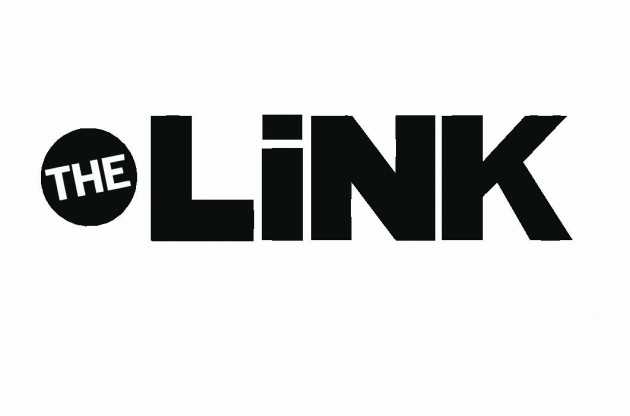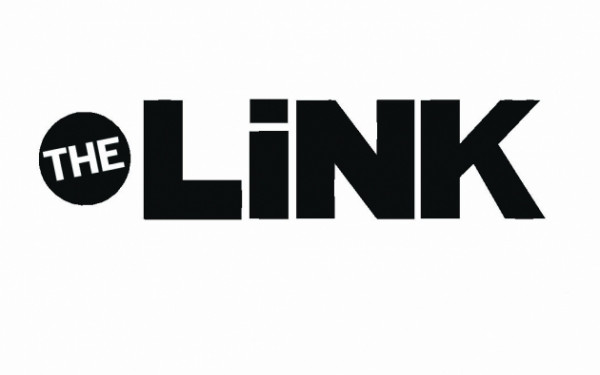As Fees Rise, Graduate Happiness And Security Decline
The Quebec government has indicated it will try to keep moving forward with its planned tuition increase, which will amount to a 127 per cent hike in rates between 2007 and 2017.
In response, Concordia’s Graduate Students’ Association is starting a conversation about student debt this week.
For the most part, two camps dominate the debate over student debt: those who believe students should ‘invest’ in the future earning potential of a degree, and those who feel that the amount being asked is too much.
But there are more fundamental issues to think about.
One of the biggest problems with seeing education as an investment is that it gives little importance to actual learning. The piece of paper at the end becomes far more important than becoming a more knowledgeable, experienced and critical member of society.
Politicians and university administrators have already done a great deal to shorten program lengths, remove prerequisite courses and lighten requirements to grant as many degrees as possible.
As diplomas have increasingly been seen as a way to out-qualify other job applicants, their monetary and educational value has declined.
Those who graduate with significant debt also face limits on the choices they can make. It seems like everyone knows at least one person who is in a job they hate or putting off dreams and plans because of their debt.
Statistically, Canadians graduating with student loan debt are less likely to have savings and investments, less likely to be homeowners, less likely to go to graduate school and are less wealthy overall than students who graduate without debt.
Moreover, the burden of debt isn’t only financial. Having to dig oneself out of a financial hole tends to make people feel less secure and less happy, which is difficult to quantify but undeniably important when it comes to quality of life.
Debt also exacerbates existing inequalities. A total 65 per cent of Quebec students graduate with debt, and 85 per cent of those students come from families with an income under $40,000 per year.
This means that students from marginalized backgrounds are further disadvantaged at the beginning of their independent lives, and the situation will only be exacerbated as tuition goes up.
Finally, we have all seen that high levels of personal debt can destroy economies. It’s baffling that so many people compare Quebec tuition levels to those in the United States as a way of arguing for the increase when the American economy is in a continuing consumer debt crisis.
In the U.S., student debt has surpassed credit card debt, and will soon be worth over $1 trillion. Many experts have expressed alarm that these debts are likely to spark another economic meltdown.
In light of this, the GSA is screening Maxed Out, a 2007 documentary on consumer debt—including student debt—in the U.S. The film will be screened Jan. 26 at 6:00 p.m. at the GSA House, located at 2030 Mackay St., with a discussion to follow.





_600_375_90_s_c1.jpg)
TEST2_600_375_90_s_c1.jpg)